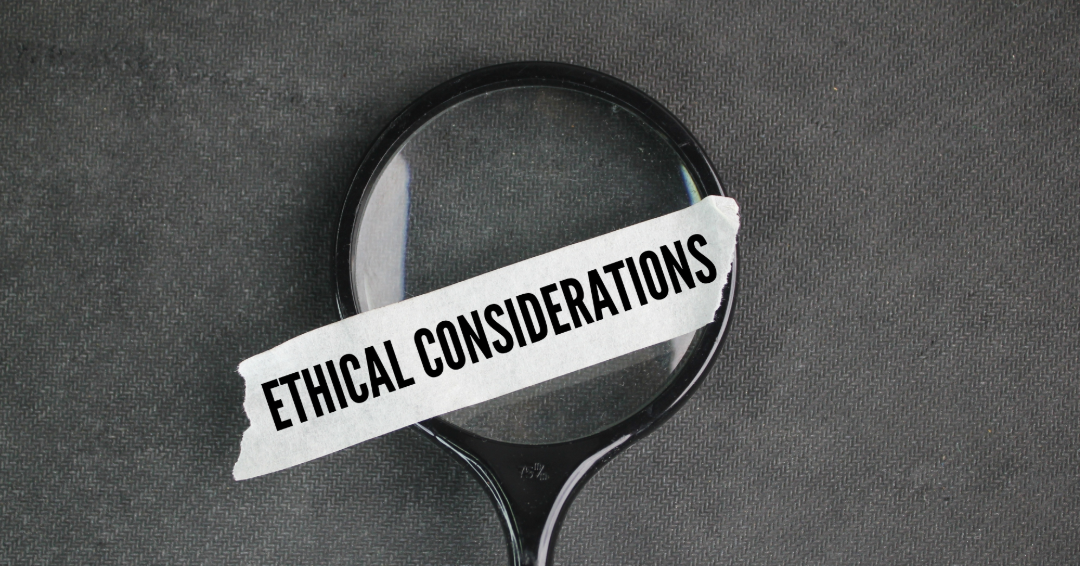⚖️ The New Frontier: Ethical Governance in the Digital Age
In 2025, we find ourselves at a crossroads. The tools that empower modern organizations—AI, predictive analytics, surveillance systems, and large-scale data harvesting—are evolving at breakneck speed. But with great tech comes great responsibility.
Digital ethics is no longer just a theoretical conversation. It’s now a boardroom imperative. Companies must navigate the fine line between innovation and intrusion, efficiency and equity, convenience and compliance. And governance leaders are being called to the forefront of these decisions like never before.
Welcome to the world of ethical governance in the digital age, where technology is smart, but trust is smarter.
🤖 AI, Bias, and the Invisible Hand of Algorithms
Artificial Intelligence is deeply embedded in today’s corporate DNA—from hiring algorithms to customer service bots to financial risk modeling. But as we've seen time and again, AI is only as fair as the data and assumptions behind it.
Key risks include:
⚠️ Bias in AI models, disproportionately affecting marginalized groups
📊 Opaque decision-making, where outcomes are unexplainable even by developers
🔁 Feedback loops, where biased systems reinforce inequalities over time
As outlined in the MIT Technology Review's deep dive on AI ethics, governance must step in to define ethical boundaries, ensure transparency, and hold developers and decision-makers accountable.
🕵️ Surveillance: From Security to Civil Liberty Concerns
Surveillance tools—be it employee monitoring software, facial recognition, or location tracking—may boost productivity or security, but they also raise ethical red flags.
Boards must ask:
- Are we collecting only the data we truly need?
- Have we obtained meaningful consent?
- How long is data stored, and who has access?
- What are the unintended consequences of this tech?
Over-surveillance can damage employee trust, trigger public backlash, and even lead to legal consequences. According to a Harvard Business Review article on digital ethics, leadership must balance risk, responsibility, and respect in the pursuit of operational gains.
📜 What Ethical Digital Governance Looks Like
Here’s what leading organizations are doing to govern ethically in 2025:
✅ Creating Digital Ethics Committees: Cross-functional teams that assess digital decisions through an ethical lens
✅ Embedding Ethics in Strategy: Making digital responsibility part of KPIs and corporate values
✅ Transparent AI Audits: Requiring all AI models to undergo independent review
✅ Stakeholder Engagement: Including users, employees, and community voices in tech-related decisions
✅ Clear Reporting Channels: Allowing whistleblowers or team members to report concerns safely
🌐 Why Governance Boards Must Lead the Way
It’s no longer sufficient for digital ethics to live within the IT or legal teams. Governance boards must:
- Set the ethical tone from the top
- Ensure compliance with local and international laws (like GDPR, AI Act, etc.)
- Monitor the long-term impact of digital strategies
- Ensure alignment between technology use and company purpose
In other words, governance must ask not just “Can we?”—but “Should we?”
🔍 Governancepedia: Your Digital Ethics Compass
At Governancepedia, we break down complex issues like AI bias, surveillance ethics, and algorithmic accountability in plain language. We help governance professionals and curious leaders alike:
📚 Understand the key challenges in digital ethics
🛠️ Explore frameworks for ethical oversight
📊 Access case studies, reports, and guidelines
🤝 Stay aligned with global best practices
Because in 2025, the organizations that lead with ethics will be the ones trusted to lead at all.
📢 Governancepedia helps decode digital ethics—so leaders make decisions they can stand behind.
Start exploring today at 👉 www.governancepedia.com

